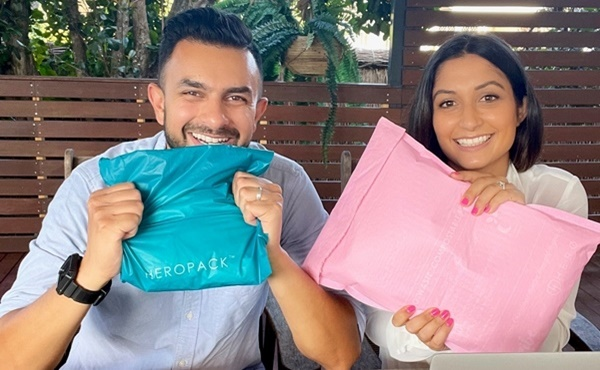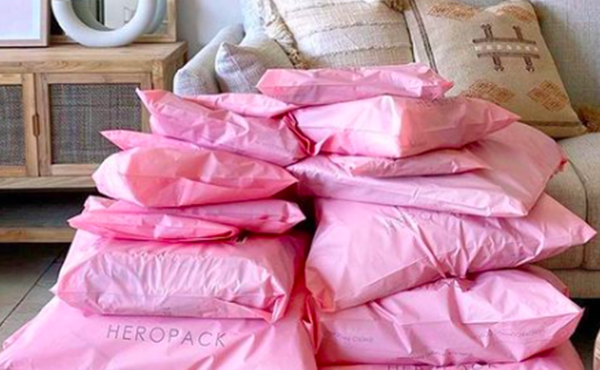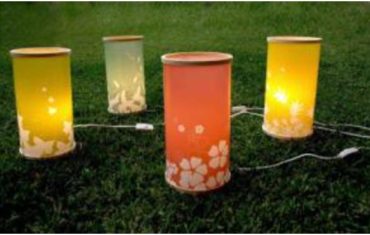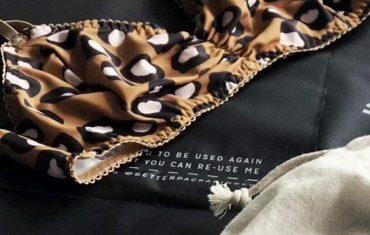As we near the end of another year filled with ups and downs, Aussies are gearing up to spread a little joy by splurging on loved ones during the holidays.
With the growing awareness around the environmental impact of silly season waste, many are thinking of new ways to minimise their footprint and still enjoy the holidays without compromising all the trimmings.
Confronted by the vast amount of plastic she was going through to send items to customers of her online business selling handbags and accessories, Anaita Sarkar co-opted her husband Vikram Davé to found Hero Packaging.
The packaging materials are designed to decompose completely, which dramatically reduces the amount of plastic going into landfill.
“Online retail is growing at such a fast pace, even more so after the emergence of Covid,” says Davé.
“But you don’t see the full impact of all these plastic packages in front of you. It is an environmental impact that’s happening in the background―it’s such a big, underlying problem that needs to be addressed.”

Last year Australians spent $40 million on 10 million unwanted gifts. According to the Australian Bureau of Statistics (ABS), 2020’s Christmas spend was a record-breaking $55 billion with online sales surging past the $5 billion mark.
Dubbed ‘the most wasteful time of year’, we collectively produce 30 per cent more waste at Christmas time than any other time of year. We use in excess of 150,000km of wrapping paper alone, enough to go around the earth nearly four times.
The main offenders at Christmas are packaging, presents and food waste, with single-use plastics taking the crown for having one of the most significant impacts on land and water pollution.
With Christmas around the corner, more and more Australians are leaning towards sustainability, and Hero Packaging is making it easier for them to choose plastic-free.
“Packaging used to be just an afterthought, but now it’s one of the first few things that companies think of to drive their business sustainability,” says Sarkar.
“We worked hard to find supply chain partners who not only use completely renewable materials, but also have environmentally ethical practices and processes,” she adds, noting that it took them some time and considerable effort to find a product that was waterproof, durable and breaks down completely.
“You don’t need to go to extremes like cancelling Christmas. We can all work together to minimise our impact on the environment and by taking one step at a time swapping your plastic bag for a compostable mailer, we can make a big difference.”







